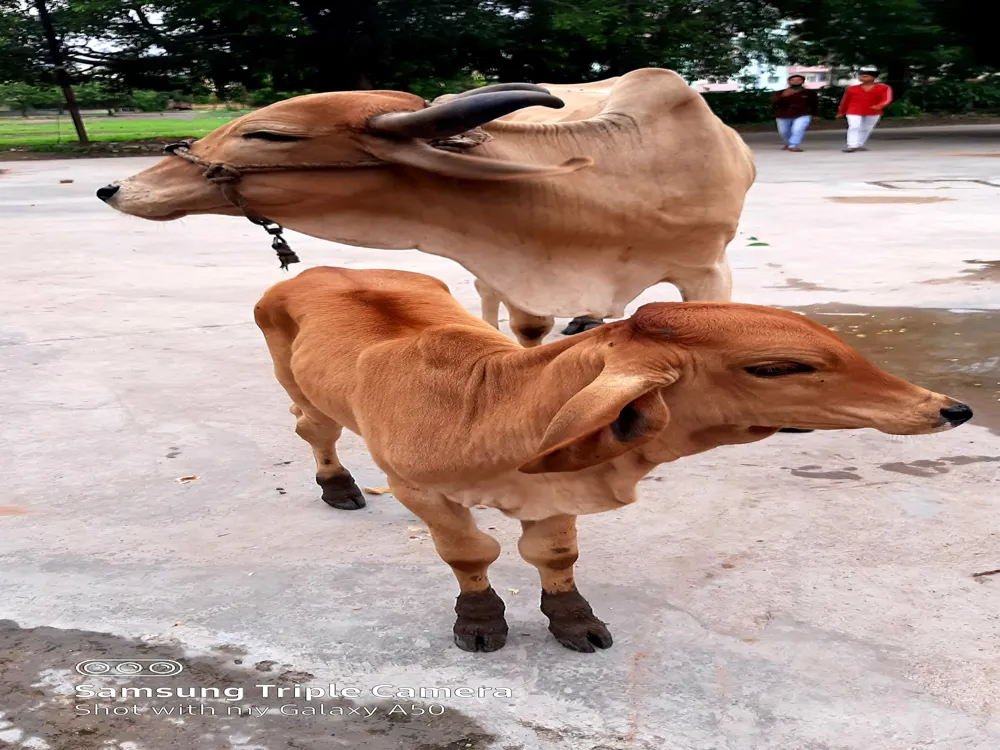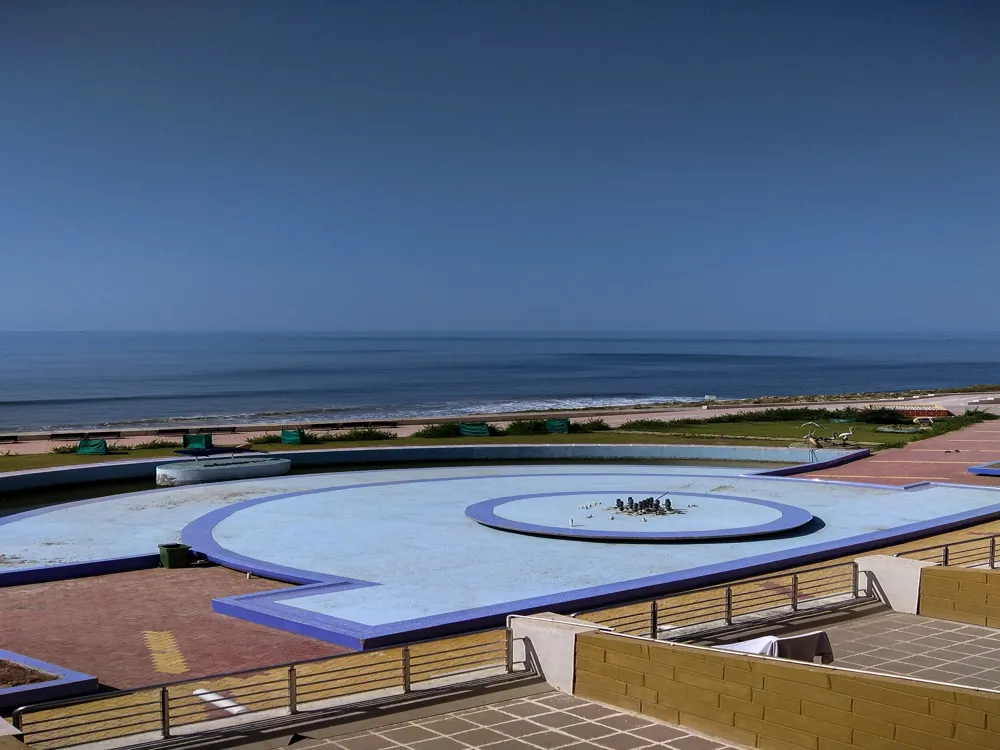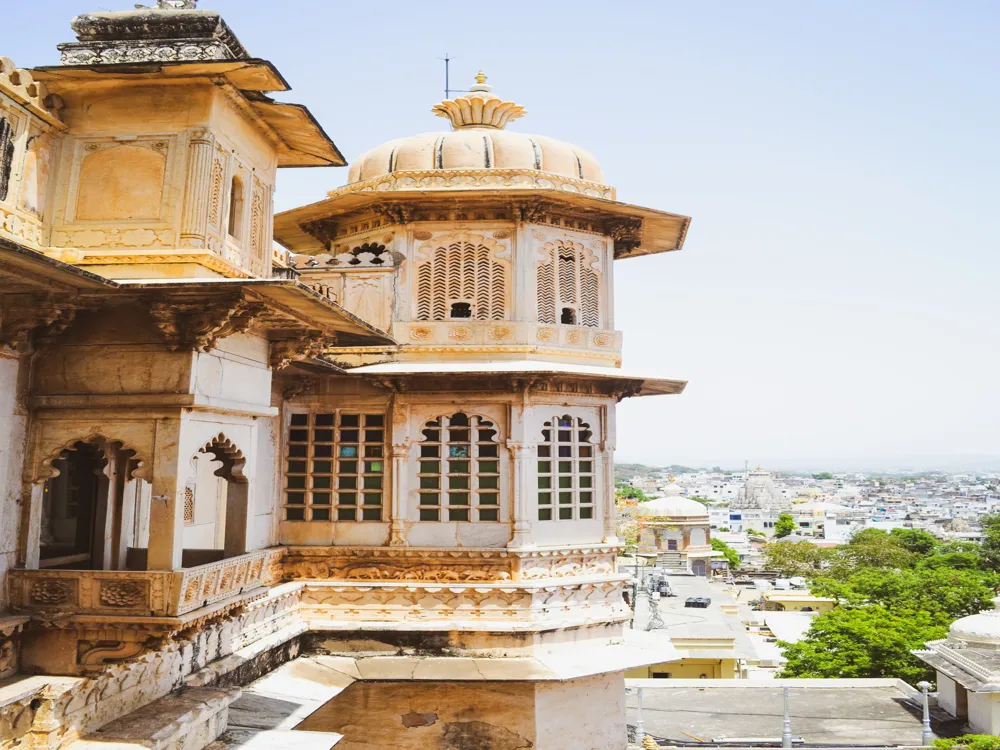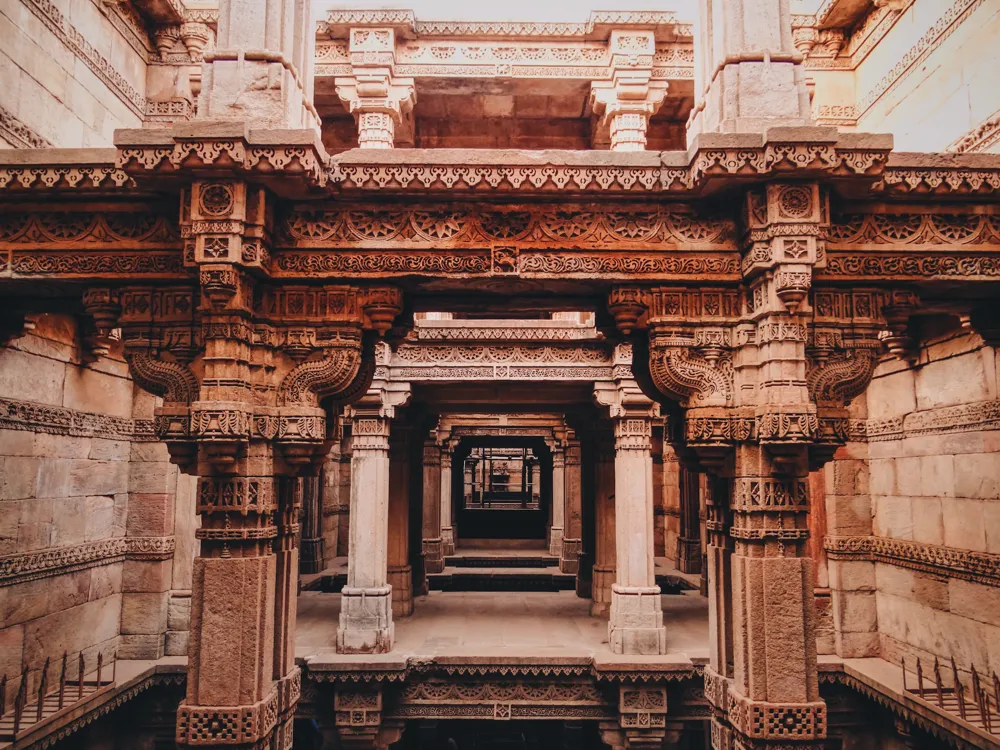Nestled in the historic city of Junagadh in Gujarat, the Sakkarbaug Zoological Gardens, commonly known as Sakkarbaug Zoo, stands as a testament to India's rich biodiversity and conservation efforts. Established in 1863, this zoological garden sprawls over a vast area, making it the second-largest zoo in the state. It's not just a haven for wildlife enthusiasts but also a crucial center for animal conservation and breeding, especially for endangered species like Asiatic Lions. The zoo's inception dates back to the era of Nawabs, who aimed to protect the Asiatic Lions from extinction. Over the years, Sakkarbaug Zoo has evolved, playing a pivotal role in the conservation of various species. It's home to over 1000 animals across 100 species, showcasing the diverse fauna of the region. Visitors can witness a range of animals, from majestic big cats like lions and tigers to various species of birds, reptiles, and amphibians. The zoo's commitment to conservation extends beyond mere display. It actively participates in breeding programs and has achieved significant success, particularly in breeding Asiatic Lions, which are a major attraction. The Sakkarbaug Zoological Gardens also serve an educational purpose, offering a learning experience about wildlife and its preservation. The zoo's layout and design allow for a natural habitat-like environment for the animals, ensuring their well-being while providing an immersive experience for visitors. The architecture of Sakkarbaug Zoological Gardens is a blend of functionality and aesthetics, reflecting a deep respect for nature and wildlife. The design principles behind the zoo's layout focus on creating an environment that closely mimics the natural habitats of the animals. This approach not only benefits the zoo's inhabitants but also enhances the visitor experience. One of the key architectural features is the spacious enclosures for animals. Unlike traditional zoos, Sakkarbaug Zoo provides ample space for each species, allowing them to roam, rest, and engage in natural behaviors. The enclosures are designed with specific needs in mind, such as the Asiatic Lion's enclosure, which resembles the Gir Forest, their natural habitat. The zoo also integrates landscaping elements, such as water bodies, trees, and plants native to the animals' natural habitats. This not only creates a visually appealing environment but also helps in maintaining the ecological balance and providing a familiar environment for the animals. The pathways for visitors are strategically placed to offer clear views of the animals while ensuring a safe distance, thus maintaining a respectful boundary between humans and wildlife. Check the zoo's timings and plan your visit accordingly. Weekdays are less crowded, providing a more tranquil experience. The zoo covers a large area, so wear comfortable shoes and weather-appropriate clothing for a pleasant walk. For your safety and the well-being of animals, adhere to the zoo's guidelines and do not cross designated boundaries. Carry water bottles to stay hydrated during your visit, especially in the summer months. Sakkarbaug Zoological Gardens is easily accessible from various parts of Gujarat. Junagadh, being well-connected by road and rail, makes the zoo reachable for visitors from different locations. By Road: Junagadh is well-connected to major cities in Gujarat by state highways. Regular bus services from cities like Ahmedabad, Rajkot, and Vadodara are available. By Train: Junagadh railway station is the nearest, with frequent trains from major cities in Gujarat and neighboring states. By Air: The nearest airport is in Rajkot, about 102 kilometers from Junagadh. From there, one can take a taxi or bus to reach the zoo. Read More: Overview of Sakkarbaug Zoological Gardens, Junagadh, Gujarat
The architecture of Sakkarbaug Zoological Gardens
Tips When Visiting Sakkarbaug Zoological Gardens
Plan Your Visit
Wear Comfortable Clothing
Respect Animal Boundaries
Stay Hydrated
How To Reach Sakkarbaug Zoological Gardens
Sakkarbaug Zoological Gardens
Junagadh
Gujarat
NaN onwards
View junagadh Packages
Junagadh Travel Packages
View All Packages For Junagadh
Top Hotel Collections for Junagadh

Private Pool

Luxury Hotels

5-Star Hotels

Pet Friendly
Top Hotels Near Junagadh
Other Top Ranking Places In Junagadh
View All Places To Visit In junagadh
View junagadh Packages
Junagadh Travel Packages
View All Packages For Junagadh
Top Hotel Collections for Junagadh

Private Pool

Luxury Hotels

5-Star Hotels

Pet Friendly





















